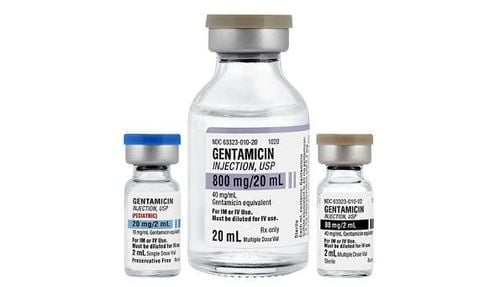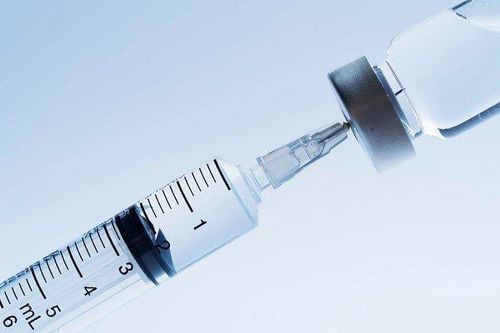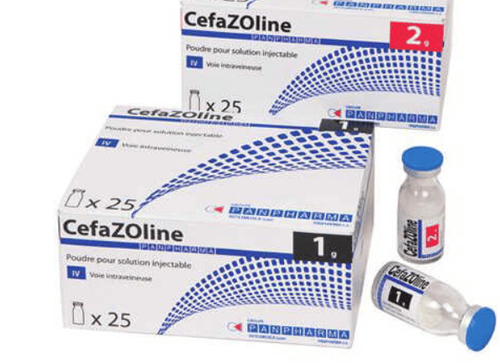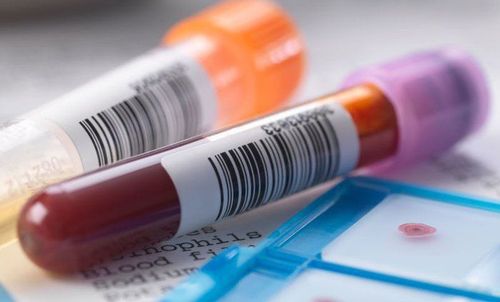This is an automatically translated article.
Pediatric sepsis is a severe systemic toxic infection with a high risk of death. According to the study, the mortality rate from sepsis is equivalent to that of acute myocardial infarction and much higher than that of AIDS and breast cancer. The rapid and accurate diagnosis of the disease reduces the risk of death for children.
1. What is sepsis?
Septicemia (NKH) is a severe systemic bacterial infection caused by repeated entry into the bloodstream of pathogenic bacteria and its toxins. In depending on the individual patient's response. In the early stages, clinical manifestations are often not obvious, but severe signs will quickly appear, there may be dangerous complications such as septic shock, leading to high mortality. The disease is progressive, with no tendency to resolve on its own (if left untreated).
Trắc nghiệm: Sự phát triển tinh thần, vận động của bé thế nào là đúng chuẩn?
Khi nào bé biết nói, biết hóng chuyện hay biết cầm cốc là "đúng chuẩn"? Điểm xem bạn biết được bao nhiêu mốc phát triển tinh thần, vận động "đúng chuẩn" của bé nhé!The following content is prepared under supervision of Thạc sĩ, Bác sĩ y khoa, Ma Văn Thấm , Nhi , Phòng khám Đa khoa Quốc tế Vinmec Dương Đông(Phú Quốc)
2. Clinical signs of sepsis
Temperature disturbances: High fever from 39-41 degrees Celsius or below 36 degrees Celsius Tachycardia Tachypnea, difficulty breathing Consciousness disturbances of varying degrees: Fatigue, lethargy, lethargy or fatigue irritation, the most severe is coma Diarrhea, vomiting Urine less than 0.5ml/kg/h
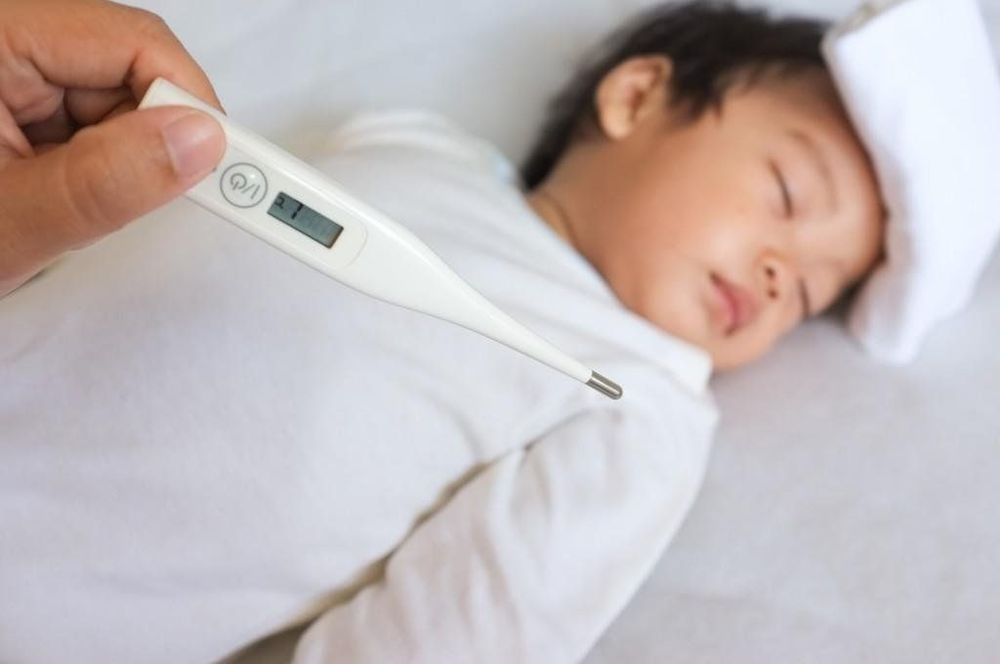
3. Complications of sepsis
Systemic sepsis is very serious, can cause septic shock and death if not treated promptly. The disease can cause complications and consequences such as:
Respiratory failure: NKH causes acute respiratory distress syndrome - ARDS Decreased clotting factors Impaired liver and kidney function... Septic shock (Septic shock) ) Multi-organ failure: Necrosis of myocardium, liver, kidney, spleen, hemorrhagic necrosis of intestine, ...
4. Diagnosis of sepsis

Early and accurate diagnosis of sepsis in children is very important, if diagnosed early, children are given antibiotics early to reduce the risk of death.
Early antibiotic use greatly affects the treatment results of sepsis. For each hour of delay in antibiotic treatment, patient survival decreased by 8%. The rapid detection of infectious agents helps doctors make the right and timely decisions about antibiotic selection, contributing to a significant reduction in mortality.
To diagnose external sepsis based on the above clinical symptoms, the definitive diagnosis should be based on laboratory tests:
4.1 Blood count, CRP, erythrocyte sedimentation rate WBC count Blood levels increase above 12 G/l or decrease below 4 G/l. Red blood cells and platelets are often reduced. CRP increased. Elevated erythrocyte sedimentation rate. 4.2 Blood cultures Blood cultures are common and are still considered the gold standard in determining the cause of sepsis such as bacteria and fungi. However, time has slow results. Usually, blood cultures are done before starting antibiotic treatment. However, this method usually has low sensitivity if the patient has used antibiotics before or the bacteria grow slowly, there is an adulteration. 4.3 Real-time PCR This technique helps in diagnosing the causative agent of sepsis, helps in the selection of appropriate antibiotics, and this technique can also give positive results in patients with negative results in culture. blood due to previous antibiotic use. This method has high sensitivity and specificity, which shortens the time of diagnosis, improves the effectiveness of treatment, and significantly reduces the rate of complications and mortality in children with sepsis under treatment. 4.4 Procalcitonin quantitative test (PCT) PCT is an important marker, highly appreciated for its specificity and sensitivity in the diagnosis, monitoring and prognosis of sepsis. PCT is produced specifically by non-viral infections, has a very wide quantification range (from 0.01 ng/ml to 1000 ng/ml in plasma) unaffected by viral infection or other autoimmune responses. , blood PCT levels are independent of renal function. Value of PCT concentration in the diagnosis of infection and sepsis: Normal value: PCT < 0.05 ng/ml PCT value < 0.10 ng/ml: No antibiotic indication PCT value < 0, 25ng/ml: Not recommended to use antibiotics, if the therapy drops to this level, continue to use it effectively. PCT value > 0.25ng/ml: Recommendations and considerations for antibiotic use. PCT value > 0.50 ng/ml: Indication to use antibiotics is mandatory. PCT value 0.50 - 2.0 (ng/ml): Infection due to relative systemic inflammatory response, the cause can be trauma, post-traumatic surgery, cardiogenic shock... PCT value 2 .0 - 10 (ng/ml): Severe systemic inflammatory response (SIRS), caused by systemic infection and sepsis, without multiple organ failure. PCT value > 10 ng/ml: Deep systemic inflammatory response due to severe sepsis or septic shock. Procalcitonin quantitative test gives fast results and specificity in diagnosing bacterial infections, so it is now considered a reliable tool for diagnosing infections, especially systemic infections, and distinguishing levels of infection. degree. Sepsis in children is a dangerous condition, which should be detected early to reduce the risk of life-threatening children. Thanks to the superiority in diagnostic techniques, it helps to shorten the time for diagnosis, monitoring and prognosis of the disease, thereby improving treatment efficiency and significantly reducing the rate of complications and mortality in infected children. blood treatment.
Vinmec International General Hospital is one of the hospitals that not only ensures professional quality with a team of leading medical doctors, modern equipment and technology, but also stands out for its examination and consultation services. comprehensive and professional medical consultation and treatment; civilized, polite, safe and sterile medical examination and treatment space. Customers when choosing to perform tests here can be completely assured of the accuracy of test results.
Please dial HOTLINE for more information or register for an appointment HERE. Download MyVinmec app to make appointments faster and to manage your bookings easily.






